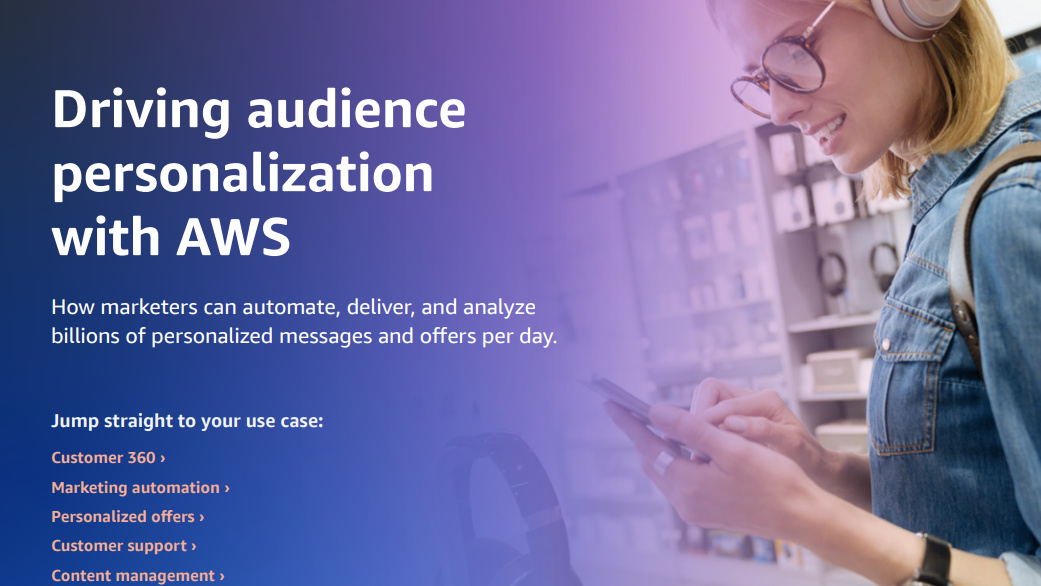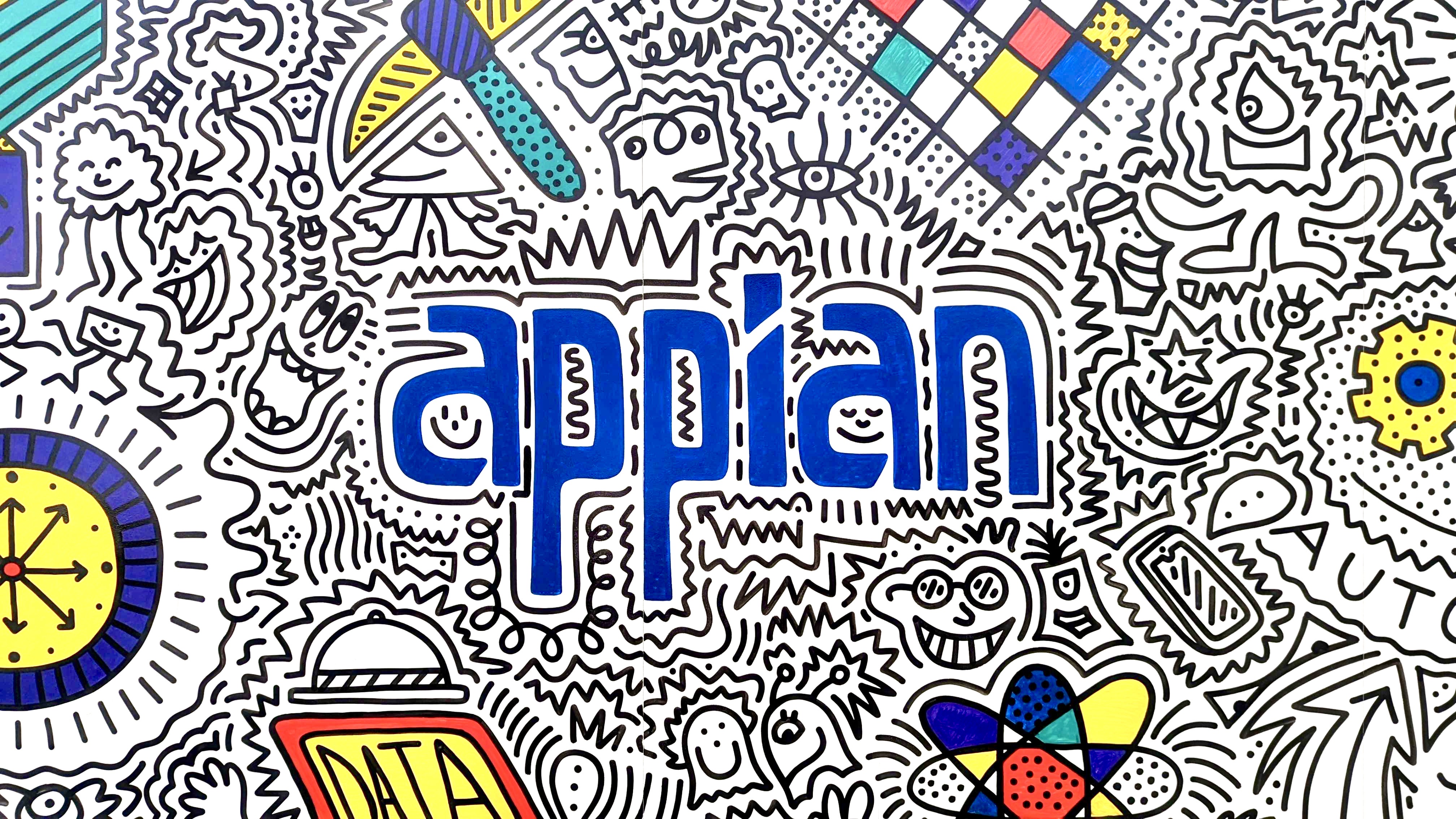Automated hiring systems are rejecting qualified candidates
A new Harvard Business School report finds the software tend to hone in on candidates using very specific parameters


Automated hiring systems filter out qualified high skilled workers, according to a Harvard Business School report focused on how leaders can improve hiring practices to uncover missed talent pools and close skills gaps.
Researchers found that inflexibly configured automated recruiting systems, which are “designed to maximize the efficiency of the process”, tend to hone in on candidates using very specific parameters to minimise the number of applicants that are actively considered by an organisation.
“For example, most use proxies (such as a college degree or possession of precisely described skills) for attributes such as skills, work ethic, and self-efficacy,” researchers stated in the report. “Most also use a failure to meet certain criteria (such as a gap in full-time employment) as a basis for excluding a candidate from consideration irrespective of their other qualifications.”
As a result, this excludes from consideration viable candidates whose resumes do not match the criteria “but who could perform at a high level with training”. 88% of employers who took part in the survey agreed with this statement, admitting that qualified high skilled candidates are vetted out of the process as they don’t match the exact criteria established by the job description. The number rose to 94% in the case of “middle-skill” workers.
Researchers found that automated systems represent the “foundation of the hiring process” in the majority of organisations, with 90% of employers in the survey using automated systems to “initially filter or rank potential middle-skills (94%) and high-skills (92%) candidates”.
The report also found that the rapid pace of change in many occupations, driven in large part by advancing technologies, has made it “extremely difficult for workers to obtain relevant skills”.
“The evolution in job content has outstripped the capacity of traditional skills providers, such as education systems and other workforce intermediaries, to adapt,” said the report, highlighting that to develop the capabilities employers seek increasingly requires the candidate to be employed.
Get the ITPro daily newsletter
Sign up today and you will receive a free copy of our Future Focus 2025 report - the leading guidance on AI, cybersecurity and other IT challenges as per 700+ senior executives
RELATED RESOURCE

To deal with these problems, the report recommended refreshing job descriptions, shifting from “negative” to “affirmative” filters in automated recruiting systems, establishing new metrics for evaluating talent acquisition, and enlisting a senior leader to champion, direct, and monitor the evolution of hiring and onboarding practices.
HBS’s global study included a survey of over 8,000 “hidden” workers, those who miss hours, unemployed and seeking work, or those who are not working or seeking employment but are willing to work under the right circumstances, as well as over 2,250 executives across the US, UK, and Germany. Researchers also found that the situation, although it has worsened over the pandemic, has been growing over recent decades.
“A single data point made the intractability of the problem apparent—just under half (44%) of middle-skill “hidden workers” reported that finding work was just as hard pre-COVID-19 as it was during our 2020 survey period,” stated the report.
Zach Marzouk is a former ITPro, CloudPro, and ChannelPro staff writer, covering topics like security, privacy, worker rights, and startups, primarily in the Asia Pacific and the US regions. Zach joined ITPro in 2017 where he was introduced to the world of B2B technology as a junior staff writer, before he returned to Argentina in 2018, working in communications and as a copywriter. In 2021, he made his way back to ITPro as a staff writer during the pandemic, before joining the world of freelance in 2022.
-
 Bigger salaries, more burnout: Is the CISO role in crisis?
Bigger salaries, more burnout: Is the CISO role in crisis?In-depth CISOs are more stressed than ever before – but why is this and what can be done?
By Kate O'Flaherty Published
-
 Cheap cyber crime kits can be bought on the dark web for less than $25
Cheap cyber crime kits can be bought on the dark web for less than $25News Research from NordVPN shows phishing kits are now widely available on the dark web and via messaging apps like Telegram, and are often selling for less than $25.
By Emma Woollacott Published
-
 Tech talent shortages mean firms are scrapping traditional recruitment strategies
Tech talent shortages mean firms are scrapping traditional recruitment strategiesNews With more than half of enterprise leaders worried about future skills shortages, many organizations are turning to a range of new techniques to expand potential talent pools.
By Emma Woollacott Published
-
 Employees are dead set on flexible working arrangements – three quarters would turn down a role that didn't offer hybrid options as work-life balance becomes more important than pay
Employees are dead set on flexible working arrangements – three quarters would turn down a role that didn't offer hybrid options as work-life balance becomes more important than payNews New research shows workers are increasingly demanding flexible working arrangements from employers.
By Emma Woollacott Published
-
 Half of jobseekers turned down offers last year amid growing demands on employers
Half of jobseekers turned down offers last year amid growing demands on employersNews An increasingly competitive talent landscape means employers are being forced to offer a wider range of incentives
By Ross Kelly Published
-
 Automate personalization with AWS
Automate personalization with AWSWhitepaper How marketers can automate, deliver, and analyze billions of personalized messages and offers per day
By ITPro Published
-
 How a hyper-automation platform can drive value for your bank
How a hyper-automation platform can drive value for your bankWhitepaper Five ways automated processes can drive revenue and growth
By ITPro Published
-
 Appian wants to be the AI company for AI skeptics
Appian wants to be the AI company for AI skepticsAnalysis The firm outlines its AI strategy at Appian World 2023 while using ChatGPT and Midjourney to create scripts and imagery for keynote presentations
By Rory Bathgate Published
-
 UK tech workers change jobs en masse as job security withers
UK tech workers change jobs en masse as job security withersNews Economic uncertainty, redundancies, and the desire for greater job stability are forcing workers to look elsewhere
By Ross Kelly Published
-
 Workday hit with claims its AI hiring systems are discriminatory
Workday hit with claims its AI hiring systems are discriminatoryNews An African American plaintiff has alleged that Workday's systems prevented him from being hired on the basis of his race, age, and mental health
By Rory Bathgate Published